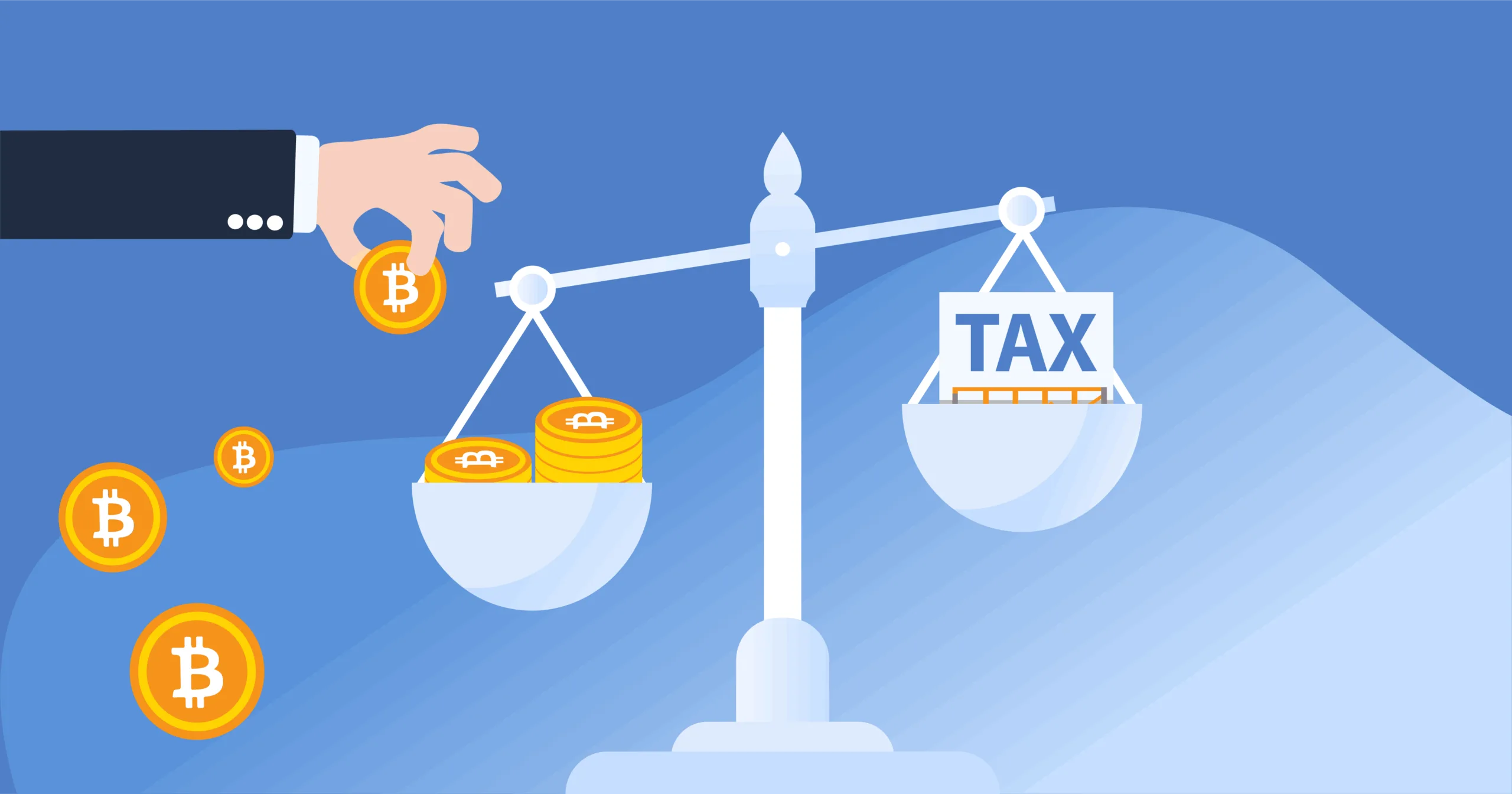- Loans against crypto holdings are not treated as taxable events by the IRS.
- Investors can unlock liquidity without selling their digital assets.
- Strategy best suited for those confident in long-term price appreciation.
In a recent discussion shared by Versan Aljarrah, founder of Black Swan Capitalist, top crypto tax attorney Andrew Gordon outlined a strategic approach for crypto holders looking to access liquidity without triggering a tax bill. The focus of the conversation was XRP, but the principles apply broadly to other cryptocurrencies.
Why Selling Triggers Taxes
Gordon explained that the IRS views any sale, token swap, or conversion into U.S. dollars as a taxable event. This includes trading one crypto asset for another, meaning even rebalancing a portfolio can incur capital gains taxes. For long-term holders, this can create a dilemma: how to free up funds without selling prized assets.
The tax attorney pointed out that borrowing against cryptocurrency collateral, whether it’s XRP, Bitcoin, or another asset, works differently. Since the underlying tokens are not sold, no taxable event occurs. Instead, the investor pledges the crypto as collateral, receives cash or other assets, and retains ownership of the original holdings.
Also Read: XRP Holds Firm Above Key Support as Traders Watch for Breakout
Borrowing against $XRP collateral might be the smartest tax move in crypto. Top attorney Andrew Gordon explains why loans aren’t taxable, meaning you can unlock liquidity without triggering capital gains.
🔗 https://t.co/bWPNjFFA8y pic.twitter.com/nP3XAXEsXi
— Versan | Black Swan Capitalist (@VersanAljarrah) August 13, 2025
This allows the holder to maintain exposure to potential future price increases and access liquidity for investments, expenses, or other purposes.
U.S. Tax Landscape Snapshot (2025)
In the U.S., cryptocurrency is taxed as property, and disposing of it, through sale, swap, or conversion, triggers capital gains taxes. Short-term gains (held under one year) are taxed as ordinary income, ranging from 10% to 37%, while long-term gains benefit from preferential rates of 0%, 15%, or 20% depending on income and filing status.
For high-earners, the Net Investment Income Tax (NIIT) adds another 3.8%, bringing the effective top rate on long-term gains to 23.8%. Starting in 2025, the IRS has ramped up enforcement: brokers must file Form 1099-DA reporting digital asset sales, and tracking requirements now extend to wallet-level data. This heightened scrutiny makes tax-compliant strategies increasingly valuable.
Cautions and Considerations
While the strategy can be powerful, Gordon warned that loans must be repaid and that failure to do so can lead to the loss of collateral. He stressed that each investor should assess whether borrowing makes sense given their financial circumstances and market outlook.
As crypto adoption grows, tax-efficient strategies like collateralized loans could become increasingly popular among long-term holders. For XRP advocates, this approach offers a way to unlock value without parting with the asset, especially during periods of expected growth.
Also Read: SEC Leaders Call for Clear Crypto Rules Following Resolution of Ripple Lawsuit
